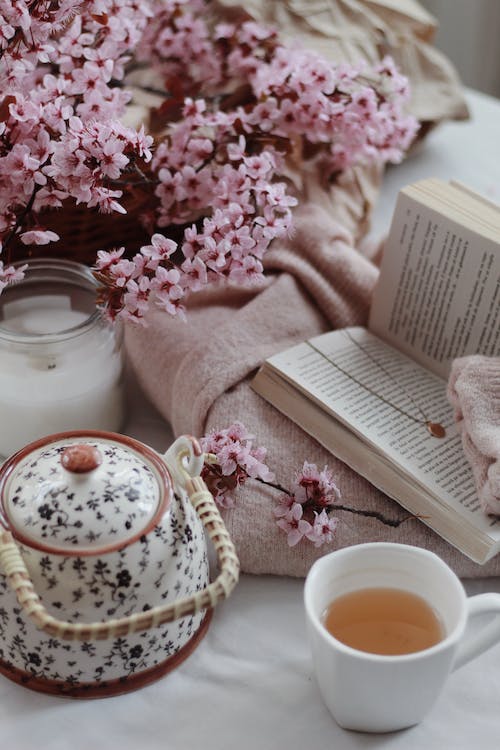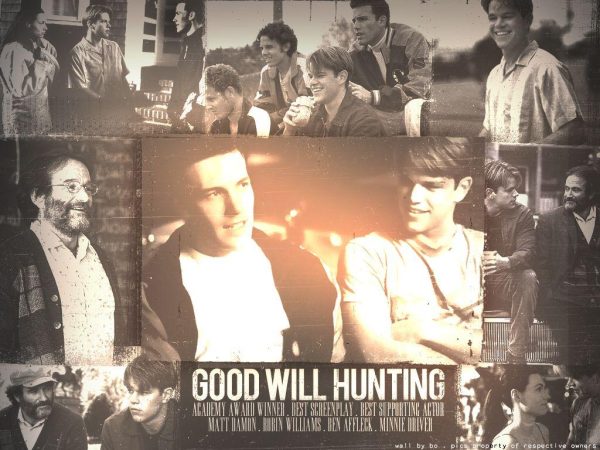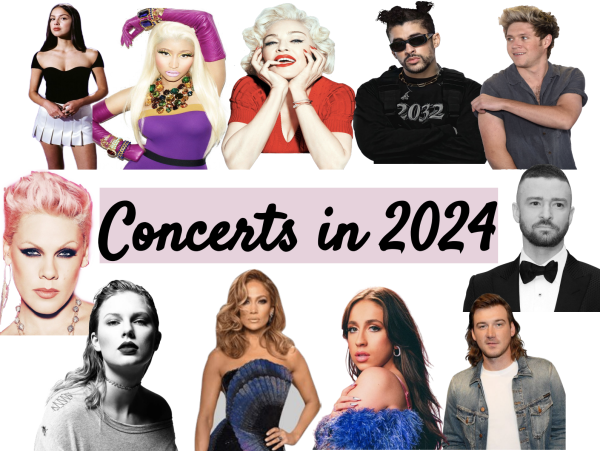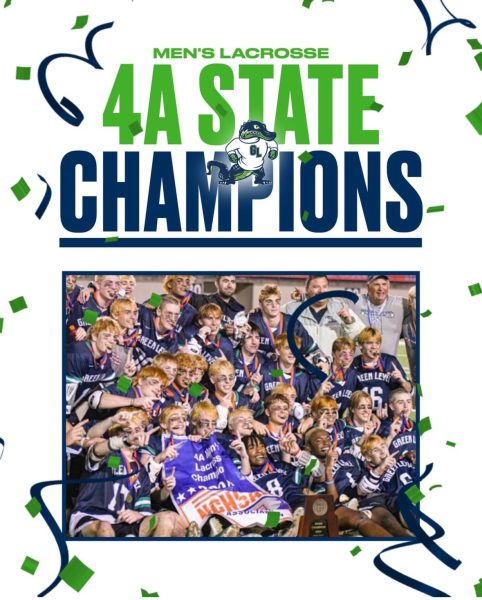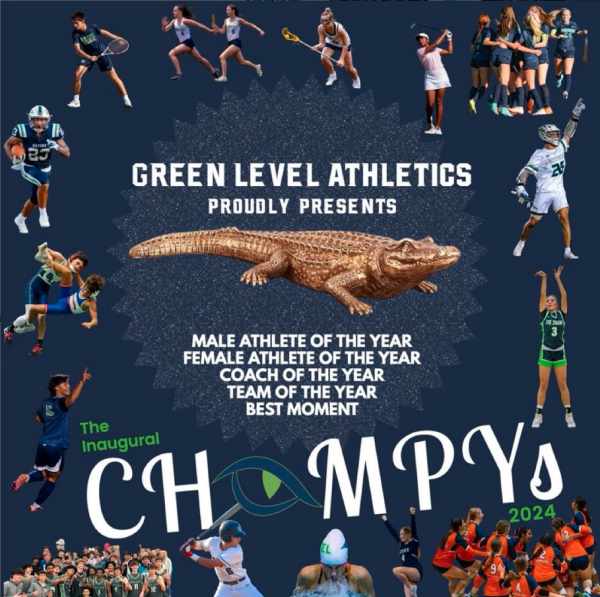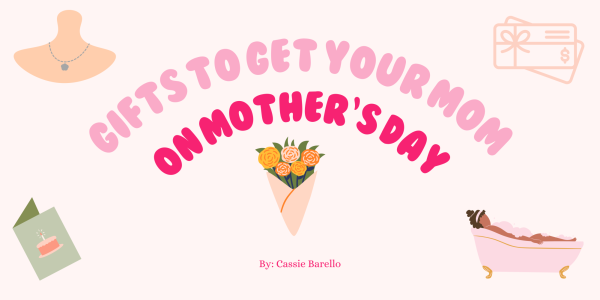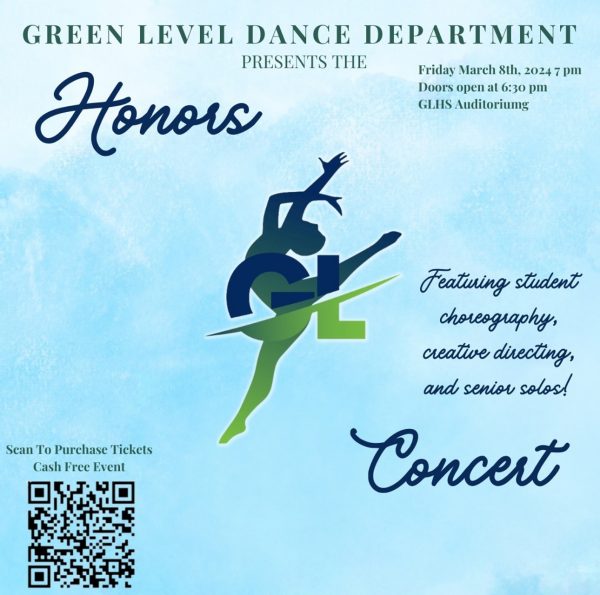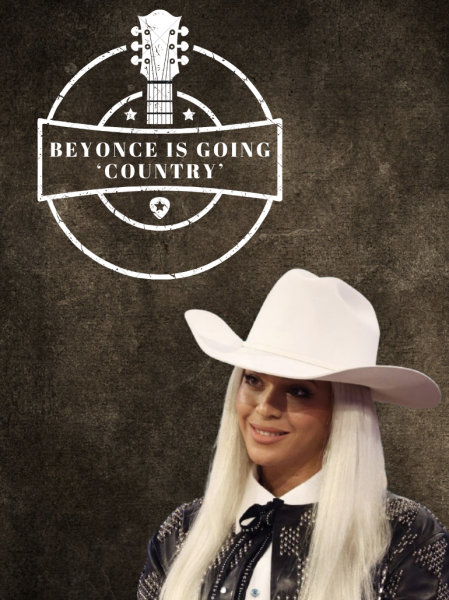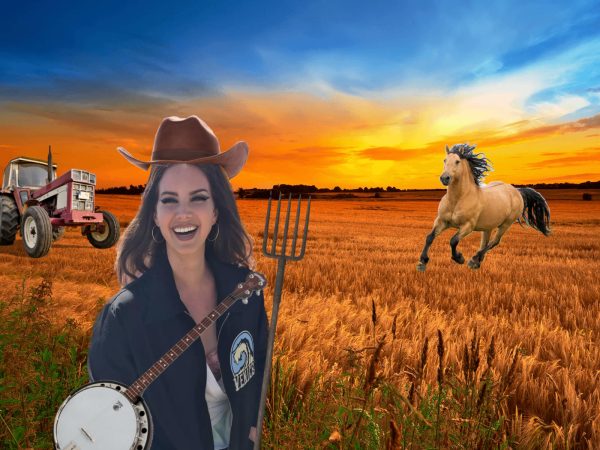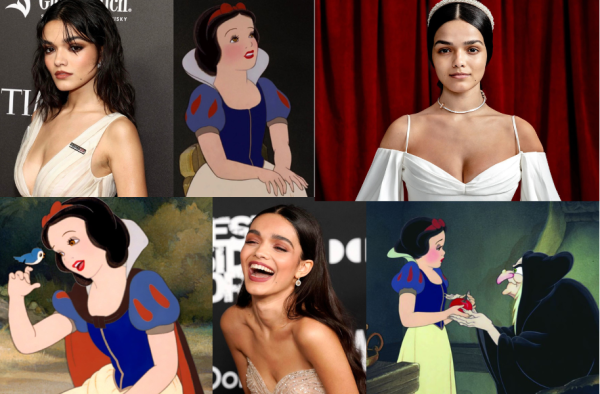The Dangers of Tropes
According to Merriam-Webster, the definition of the trope is a “figure of speech.” In storytelling, however, a trope is a “convention. It can be a plot trick, a setup, a narrative structure, a character type, or a linguistic idiom… you know it when you see it.”
In the romance game, tropes mainly revolve around the character and explain the type of relationship they have with another character. It has become a sensational attribute that comments about the individual’s so-called “superior taste” in their fiction interest.
The people on the internet have let teenagers believe that their taste in a trope or genre is either boring or they make it their whole personality. For example, I interviewed a student about their preferences when it comes to romance content. She says, “A story that takes place back a century or so is just so much more entertaining than modern plots. The romance between the characters in a historical setting is more authentic and wholesome in my opinion, not to mention the added spice of them being enemies at first, and they slowly develop feelings for each other. I love that so much!”
There is so much content within the romance genre itself, that it’s interesting how falling into the loophole of endless devotion to that context can influence someone’s identity. The student has also said how she is inspired to have an interest in history and philosophy majors because she reads and watches a lot of historical romances.
Though amazing as it sounds, there are rotten tomatoes within this concept of influence through literary romance.
Unfortunately, tropes have been portraying some very problematic things in storytelling, an example being romanticizing toxic traits in an individual.
For some reason, Gen Z loves characters that have a melancholy sense to them, that give off sociopathic vibes. Online, comment sections would be full of blushing emojis and go on and on about how they are the best character in that particular book or show.
Some people might defend this behavior by pointing out that these characters don’t exist, and it’s not harming anyone by having opinions on them because it’s all fiction. However, although it is make-believe, the problematic character that people idolize and “simp” for is based on real human emotions and characteristics. The creators who made that character are real, and there’s a reason why they are the way they are, depending on the story’s context.
Let’s use the current popular show on Netflix as an example, Monster: The Jeffrey Dahmer Story. Jeffrey Dahmer was a famous cannibal serial killer who committed atrocious crimes against seventeen young boys and men. There’s nothing wrong with learning about serial killers, but the problem starts when you believe that you can “change them” by being all cute, and boom! Emotional, romantic music plays!
This is how you induce delusions in a young, impressionable teenager. It’s not like they’ll get killed if they ever try that with a dangerous, mentally unstable person!
All jokes aside, it is concerning how we normalize romanticizing actual murderers like Jeffery Dahmer. The fact that he was a real person is already scary enough that so many people sympathize with him.
According to sociology teacher Trever Zhan, he says, “People are fascinated with what went wrong. You look back and see all those warning signs, and it is always presented like there were so many red flags that people missed. When someone behaves in such a shocking and vicious way, often to perfect strangers, there is a natural curiosity to try and diagnose what went wrong.”
The romance genre can be the most enthralling experience to indulge in or the most appalling, flabbergasting, and cringiest thing to ever exist on this planet. There is no in-between. But we shape ourselves in what we see, so it’s important to differentiate healthy relationships from bizarre fiction.


